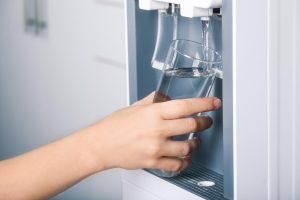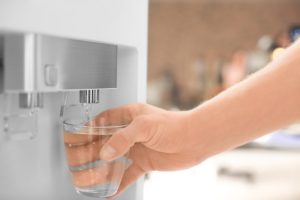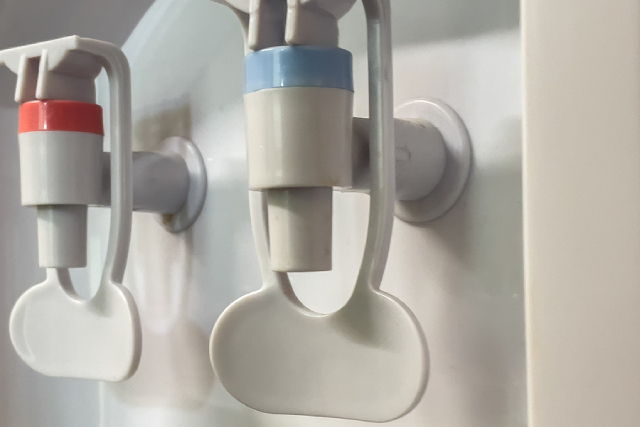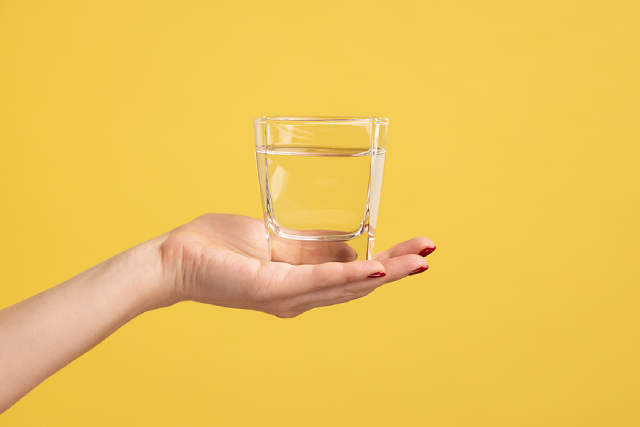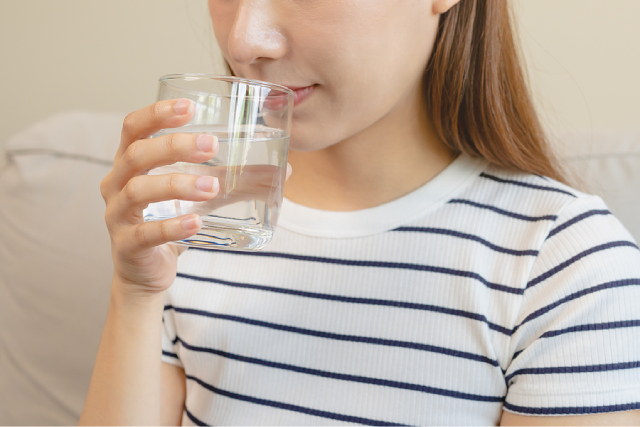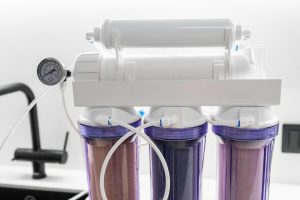
5 Popular FAQs About Water Purifiers New Buyers Should Know
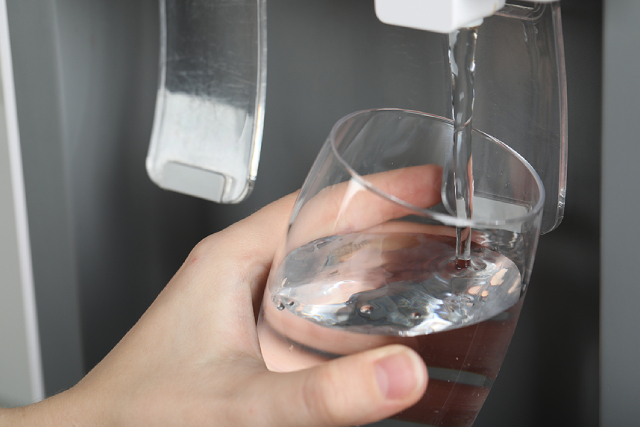
Investing in a water purifier/dispenser requires careful consideration, since finding the right one for your home is not as straightforward as it seems. From looking into water filtration technologies and capacities to the different quality-of-life innovations each product offers, there is a long list of frequently asked questions new buyers may be curious about finding the answers to. To that end, this article explores the most popular questions among interested buyers and their detailed answers to help you find the right water purifier for your household needs.
1. Can water purifiers remove all potential contaminants in my water supply?
Most water purifiers come equipped with a combination of the latest filtration technologies that can remove a wide range of contaminants in water. That said, no one system can protect against all kinds of impurities. This is why it is vital to first conduct a water test to identify which contaminants are present in your household water supply and choose a water purifier with filtration systems that can effectively eliminate them.
2. Do water purifiers remove chlorine in water?
Chemicals are among the many contaminants water purifiers can effectively remove, and chlorine is no exception. But as a decades-long disinfectant solution used virtually everywhere, the chlorine levels present in your water supply typically do not pose any harm to human health. They can, however, come with a taste and smell of chemical residue and be unpleasant to consume. Water purifiers can alleviate this issue by removing chlorine from your water before it reaches your glass.
3. Do water purifiers eliminate hard water?
Hard water can result in the buildup of limescale deposits responsible for pipe clogging issues. Moreover, it can present many unpleasant difficulties in everyday life, making it an important matter that needs to be resolved as soon as possible. However, water purifiers are not equipped to deal with hard water, as water softeners largely handle that function.
4. Are replacement water filters expensive?
Water purifiers require minimal maintenance to ensure their safety, with the main requirement generally being the periodic replacement of their filters. Users should generally replace their system’s water filter every 6 to 12 months to maintain its cleaning effectiveness or depending on the manufacturer’s recommendation. Thus, when shopping for a water purifier, it is best to factor in the cost of a unit’s replacement filters in your purchase decision.
5. Does purified water have a different taste?
Buyers usually worry about water purifiers changing the taste of their water after it goes through the filtration process. This concern can be put to rest as water filtration does not negatively impact water taste. On the contrary, some filters are inherently designed to improve any odd flavours and odours by removing the contaminants causing them. The only water treatment solution that significantly influences water taste is water softeners, as they produce pale-tasting water that some people may find unappealing.
Conclusion
A water purifier is well worth the investment, given that it produces safe drinking water for the household for years to come, provided you choose the right one that suits your specific needs and preferences. If you are looking for a purifier/water dispenser in Singapore, get in touch with us at PureDew today and browse our many high-quality water dispensing appliances that don’t break the bank. Apart from home use, we also offer water dispensers for offices and commercial properties that need a steady supply of fresh potable water on their premises.
For more information, do not hesitate to get in touch with us at enquiry@puredew.com.sg today!

